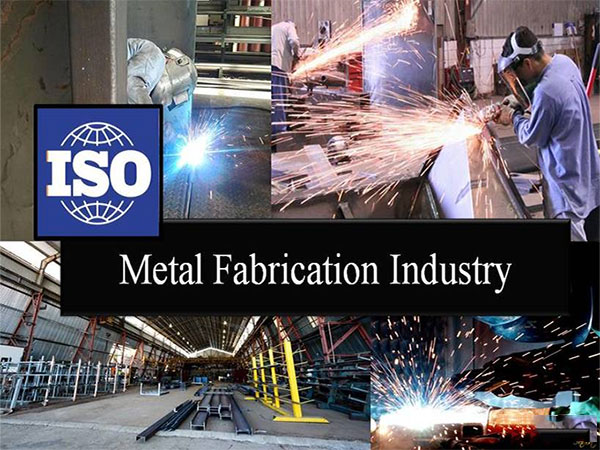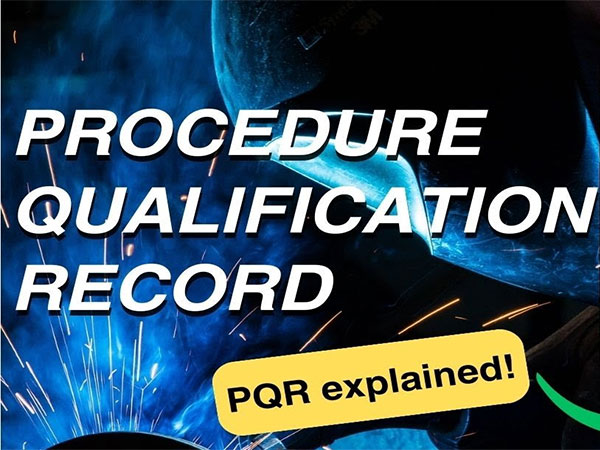An ISO-ready quality system in an industrial fabrication company is essential for consistently meeting customer requirements and regulatory standards. It centers on documenting processes, from design and material procurement to welding, assembly, and inspection. Key components include a Quality Manual, defined procedures, rigorous internal audits, and effective corrective and preventive actions (CAPA). This structured approach minimizes errors, reduces waste, ensures traceability, and demonstrates a commitment to quality, ultimately streamlining the path to official ISO 9001 certification and improving overall business performance. This systematic method helps maintain high fabrication standards.



